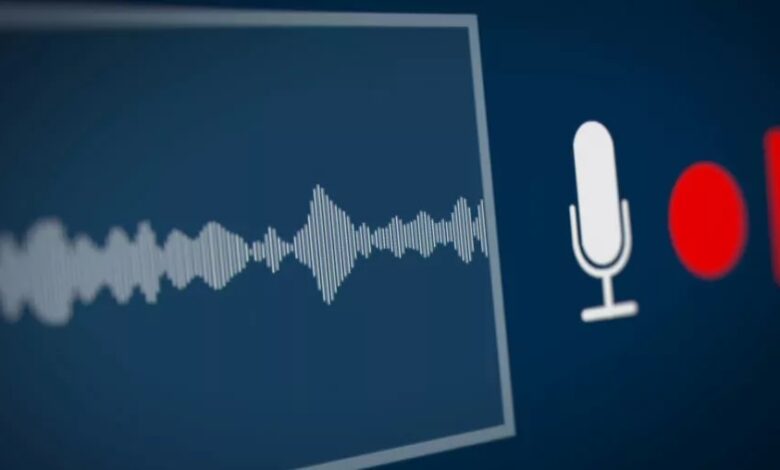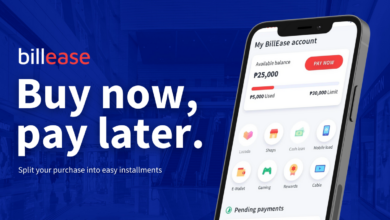The Pros, Cons, and Legal Implications of Call Recording: A Comprehensive Guide

You have likely heard the legally-required disclosure numerous times when calling your bank or other service providers. However, imagine the opposite scenario: researching phone call recording solutions for your business, where proper consent can vary state by state, and failure to comply can result in civil fines.
Call recording software is a valuable tool for training, customer service, and performance for businesses of all sizes. To reap the rewards, it’s crucial to understand the proper means of recording telephone conversations.

Why is it important to say the call is being recorded?
The U.S. government has specific regulations regarding phone call recordings, which dictate how companies approach capturing calls, computer and email usage, and wireless communications. Your business must comply with these federal and local laws, which vary by state, including topics of knowledge and consent. Additionally, government contractors dealing with national security issues are subject to different laws on call recording.
U.S. federal law regarding the recording of conversations (18 U.S. Code § 2511: “Interception and disclosure of wire, oral, or electronic communications”) stipulates that it is necessary to obtain the consent of at least one party to do so legally. This can either be the person recording the call or a participant in the conversation. Recordings made for criminal reasons are strictly prohibited. In addition, such illicit recordings carry no weight in court. Most states in the USA comply with the country’s federal law, which demands the consent of just one party for the recording of phone calls. However, certain states have regulations that require mutual consent instead.
What are the benefits of call recording?
Plenty of folks believe phone call recordings only exist in movies or via the NSA. However, multiple reasons exist for recording your phone conversations. As a journalist, you may want to guarantee correct quotes from sources. If you’re a customer service representative, you may need to document a call for quality control objectives. When managing a challenging situation, you’ll want a record of the chat. Recording phone calls can be an effective tool in any of these cases.
Key benefits of call recording:
- Recording phone calls can aid in organization and memory retention. When addressing various clients, retaining information can be difficult. Recording calls will allow you to revisit your conversation at leisure and reduce confusion.
- Recording phone calls can serve as protection in case of a dispute, offering clarity and resolution.
- Saving conversations can help you document essential information. This feature is especially relevant for business conversations where accurate details are vital.
- Recording phone calls can assist in training recently hired employees. By listening to experienced colleagues’ calls, they can learn how to greet and help customers. Furthermore, by reviewing their own recordings, they can identify and improve upon any mistakes they made.
In other words, the value of recording calls for organizations of different sizes is great, but everything must be done in accordance with the law. In this case, your business will be able to benefit from the call recorder. While some companies are ditching the technology due to the high cost of equipment, others are opting for the iPhone call recorder app. Using Call Recorder iCall, you and your employees can quickly record an important conversation and send it to an authorized colleague. It can be perceived, as a phone recorder iPhone. In any case, iCall with its free trial version is a cost-effective solution that does not require additional hardware.

What are the cons of recording calls?
There are a few potential drawbacks to recording phone calls as well:
- It could be considered an invasion of privacy depending on the context of the call. If you’re recording a conversation without the other person’s knowledge or consent, it could be a violation.
- Someone could use these recordings against you if they fall into the wrong hands. For example, if you record a sales call and the customer doesn’t end up purchasing anything, they could use your words against you to get a refund.
- Another disadvantage of recording phone calls is that it takes away from the spontaneity of the conversation. If you know that everything is being recorded, you might be less likely to speak freely or act as yourself. This could result in stiff, awkward conversations that are less productive.
Conclusion
In conclusion, recording phone calls can be immensely helpful in a variety of ways. However, there are many different laws governing call recording, so it is important to know which state you’re in and take the necessary precautions before making a call.
Additionally, it’s essential to question whether the benefit of using call recording technology outweighs any potential legal risks that may come with it. That being said, there’s no one-size-fits-all answer for whether or not your particular situation allows you to record conversations securely. Until you know all the facts and have taken important steps to ensure compliance with the regulations of your state, uncertainty should serve as a warning sign against potentially breaking the law in regard to recording calls.



